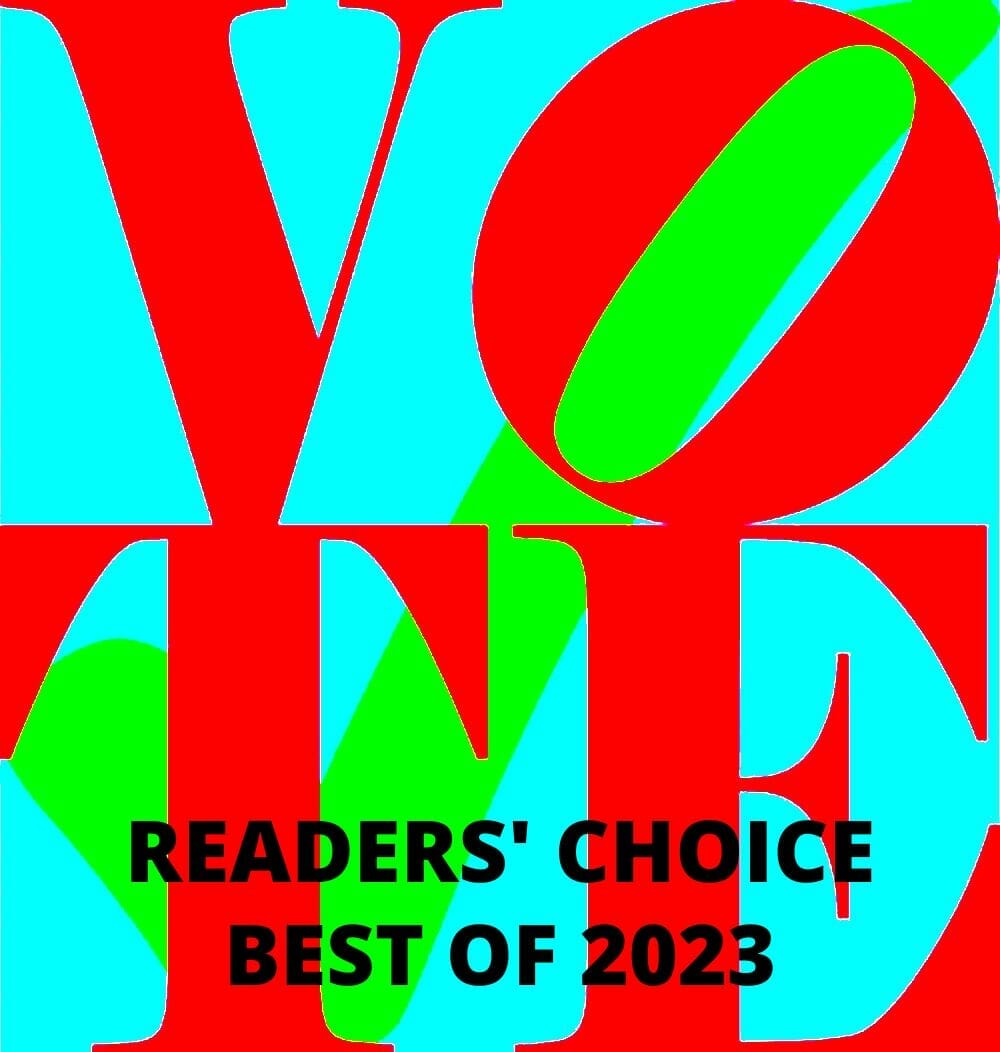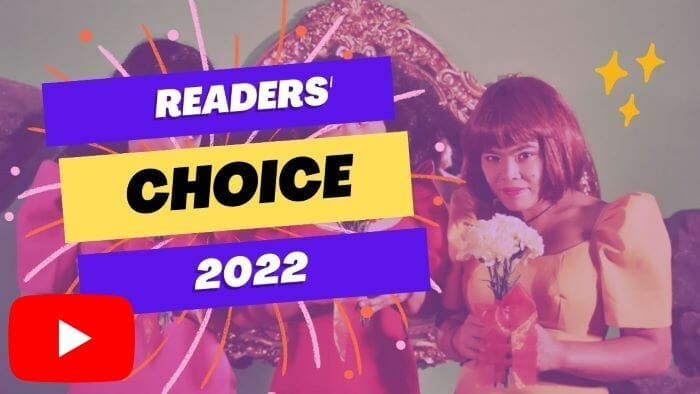Filmmaker, actor, and writer Tonya Pinkins shares her thoughts on censorship and book banning as it relates to Black women.
"When authentic and accurate stories are erased or banned, it prevents us from living up to our full potential."
I am writing these words from a hostel in Helsinki, Finland. I’ve been traveling for three weeks, sleeping on couches, sharing rooms, in dorms. I write after my first night alone in a room.
I just laid down Lacy Crawford’s memoir, Notes on a Silencing, an explicit story of the rape and silencing of an affluent girl in boarding school. After simply reading the forward, I knew what I had to say. I am a person with two X chromosomes. (I have chosen to abandon the word woman for reasons that are not in the purview of this essay.)
I have melanin in large quantities. My primary concern regarding book bans and banning freedom of expression in the arts is the way it affects more than half of humans on the planet who were born with vaginas, the ability to conceive, bear a child, lactate, feed another human being, bleed monthly. I care about the super humans who Bleed and do not Die!
I believe in my bones that we, the majority on the planet, are in a state of powerlessness and oppression because of the knowledge of ourselves and of the world that is denied to us. Humans with XX chromosomes are the most powerful beings on the planet. Without us, there is no species. We control the means of production. The capitalist, carceral, military industrial complex cannot thrive without us. It is invested in keeping us ignorant and in chains because it depends upon us. More importantly, it will die when we claim our power.
But how can we stand in power when we live in ignorance?
How can we rise when the words and images we see of ourselves denigrate us, humiliate us, and deny us the truths our bodies cry out to tell us?
As an author and filmmaker I tell stories to wake us up! Stories to show us the consequences of continuing as we have been, or to model other possibilities for us.
In the documentary film Brainwashed, Nina Menkes examines the ways images in film over the last hundred years have contributed to misogyny and sexual and financial violence against women via point of view, framing, camera movement, lighting, and narrative position. The past hundred years of filmmaking has been censorship of what it is to be a woman.
How can we rise when the words and images we see of ourselves denigrate us, humiliate us, and deny us the truths our bodies cry out to tell us?
More than our parents, the media defines who we see ourselves as becoming. When authentic and accurate stories are erased or banned, it prevents us from living up to our full potential. The denial of truth prevents us from seeing what we are.
The philosopher and cognitive scientist Andy Clark explains how our brain constructs the reality we experience based upon our expectations. In his book, The Experience Machine: How Our Minds Predict and Shape Reality, Clark elucidates the theory that the world we see is as much a function of outward projection as it is of inward reception. And that what we project outward is a function of what we have come to expect. Clark demonstrates ways that our expectation can interpret incoming signals in error and affect our experience of reality itself.
"What might I have become if I had had access to stories and images of people who had come before me and done great things?"
I was not raised to view myself as powerful. I did not read about or see images of people like myself as powerful, as arbiters of their own fate. It has taken me a lifetime of trial and error to unmask the wealth of resources, energy and creativity that was within me. What might I have become if I had had access to stories and images of people who had come before me and done great things?
It pains me that in the group of persons with two X chromosomes in the United States, over 50% still vote against their own self-interest. Could this be because they have been denied the education and knowledge of a self who has interests?
The movie Women Talking is based on a book, which is based on a true story. It is the story of over one hundred and thirty Mennonite women in Bolivia who were kept illiterate and raped for over three decades, and told that the pain and blood and babies they birthed were a result of demonic possession, or figments of their own sinful thoughts. Only the censorship of truth and knowledge could have allowed this atrocity to occur.
If books and films and stories that accurately portray our oppression as well as our glory are erased, banned, never funded or distributed, we may never be able to know what we are capable of.
I have been trying to search for the quote I am about to use. It must be banned because the search engine keeps returning “No results.” I, however, have sixty years of memory. President Lyndon Johnson was apocryphally quoted as saying, “If you convince the poorest white man that he is better than the negro, you can pick his pocket. Hell, he will even turn his pockets out for you.”
What does that quote have to do with this essay?
I believe that for melanemic persons with two X chromosomes, the lie that they are the “prize,” a lie that is perpetrated in magazines and commercials and movies and features them in glamorous positions, is analogous to the Johnson quote. It belies the truth that these fictional women are as abused and oppressed as all who are similarly biologically endowed. If books and films and stories that accurately portray our oppression as well as our glory are erased, banned, never funded or distributed, we may never be able to know what we are capable of. We may never be able to wrest the reins of the power imbalance on the planet and set the world on an equitable course that serves all of humanity.
Banned, illegal, whatever the consequences of speaking truth to power and creating images, stories, films that show more of the truth of the world we share, I will face those consequences until death, because for me, a life of ignorance is not a life worth living.
Editor's Note:
Take a look at a previous interview in Picture This Post with Tonya Pinkins about her film Red Pill: RED PILL Director Tonya Pinkins Interview –Black Lives Matter
Also check out the various references cited by Tonya Pinkins: Lacy Crawford’s Notes on a Silencing; Nina Menkes’ Brainwashed: Sex-Camera-Power; Andy Clark’s The Experience Machine: How Our Minds Predict and Shape Reality; and Sarah Polley’s Women Talking.
For more information, please visit the Tonya Pinkins website.
Read the related stories -- BOOK BANNING — Join the Picture This Post Campaign to Stop Censorship of Thought and Expression
and BOOK BANNING AND BEYOND — Leaders in the Arts Speak Out!
Nominate this for The Picture This Post BEST OF 2023???
Click Readers' Choice!






